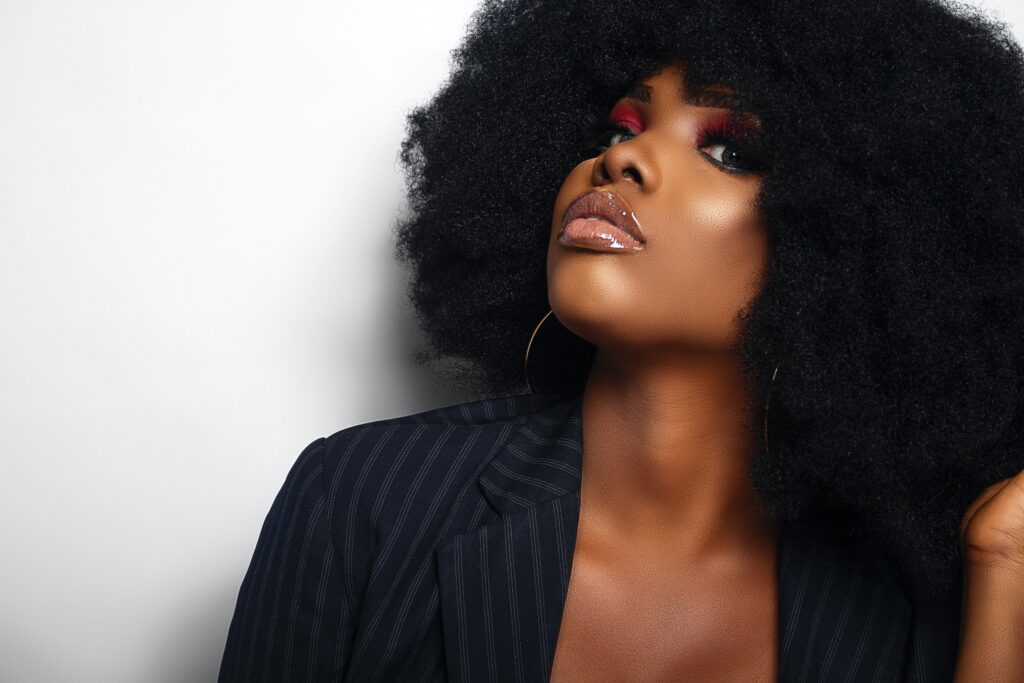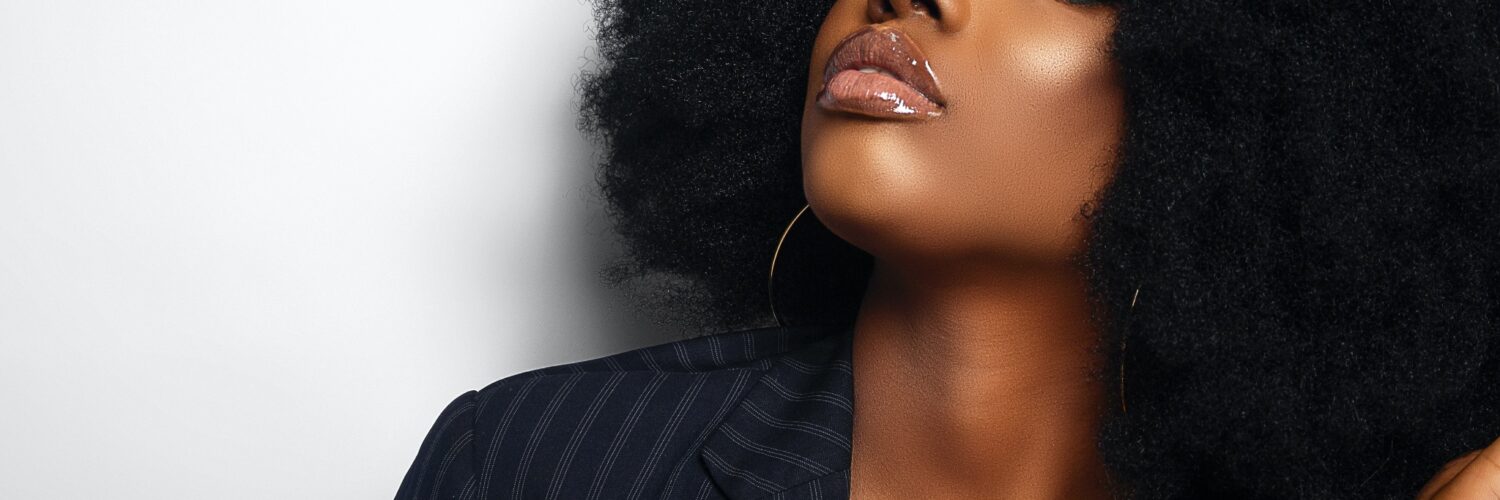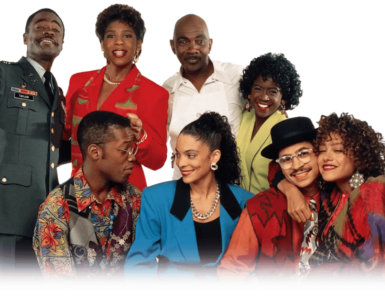
Mielle Organics has grown to be one of the top sellers of natural Black-owned hair products in recent years. Once a black-owned company that curated products in their kitchen for healthy, organic, and safe products for Black and Brown women has now sold their company to a large manufacturing company that does mass production under Jon R. Moeller, the new white male CEO.
The company was created in 2014 by Monique Rodriguez in her kitchen where she created products to aid in her hair growth routine for her tailbone-length mane. Her organic products use herbal blends to promote healthy hair, skin, nails, and immune system.
Mielle’s Rosemary Mint Organic hair oil has been circling all around TikTok because of the speed at which it grows and strengthens hair. After white TikTok creators began to rave about the products on their “2023 Amazon Must-Haves” the hair oil was co-opted by white creators also raving about the once black-owned product.
Products that were popular in small niche communities, like Black natural hair, often become popular with other mainstream groups which leads to the outrage of the natural hair community due to the fear of scarcity in stores and surges in prices. What has natural hair care fans even more enraged is the selling of the once Black-owned company to Procter & Gamble. P&G is home to companies like Dove and Old Spice. It is a large manufacturing company based out of Cincinnati, Ohio.
According to a P&G press release on Jan. 11, Rodriguez states “P&G Beauty is a best-in-class organization, and we are excited that this partnership will bring additional resources so that Mielle can continue to serve our incredible customers with rapid innovation and greater reach in the community…”
Some may not see the issue at hand but when small businesses sell their company to large corporations the product quality often diminishes as Black women who founded the products no longer have the same amount of control over the production, distribution, or manufacturing of Mielle’s products.
Many Black-owned hair care products have sold their company to larger white-owned companies and their products are no longer the same. Without the creative control that they once had now, there are new formulas that cost less for the manufacturing companies to produce but risk the health of Black hair.
Products like Cantu were once loved by the natural hair community but since the selling of their company, they have now included isopropyl alcohol commonly known as rubbing alcohol in their leave-in conditioners. If you are familiar with Black hair, you know it requires moisture. Including products like rubbing alcohol now harm the strands and strip healthy oils and moisture which not only damages but weakens the hair.
As a Black woman who is also a consumer of natural hair products, I think the community fears most is losing our identity in products that are supposed to be made for us. I support Monique Rodigreuz’s deal with a large company to aid and continue her brand’s success but I hope the authenticity is not lost. From the heavy influence hair has on the black community there is a sense of trust needed.
Every time a consumer wants to buy Mielle there should be a certainty that they are receiving the brand we know and love. In the past week, the natural hair community was blindsided by the appropriation of Mielle’s products in such a quick time frame. Now, we don’t know who to trust.










Recent Comments